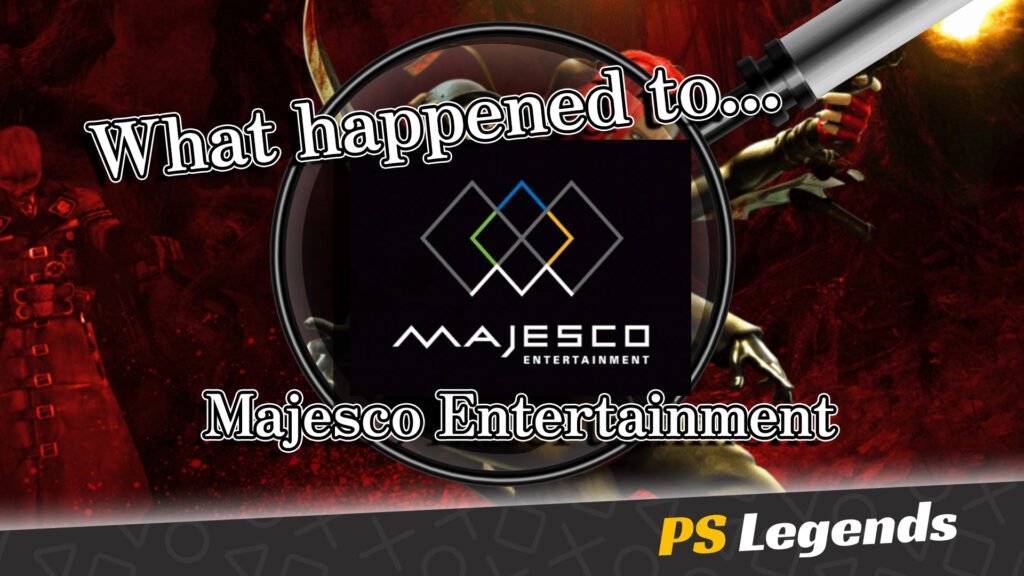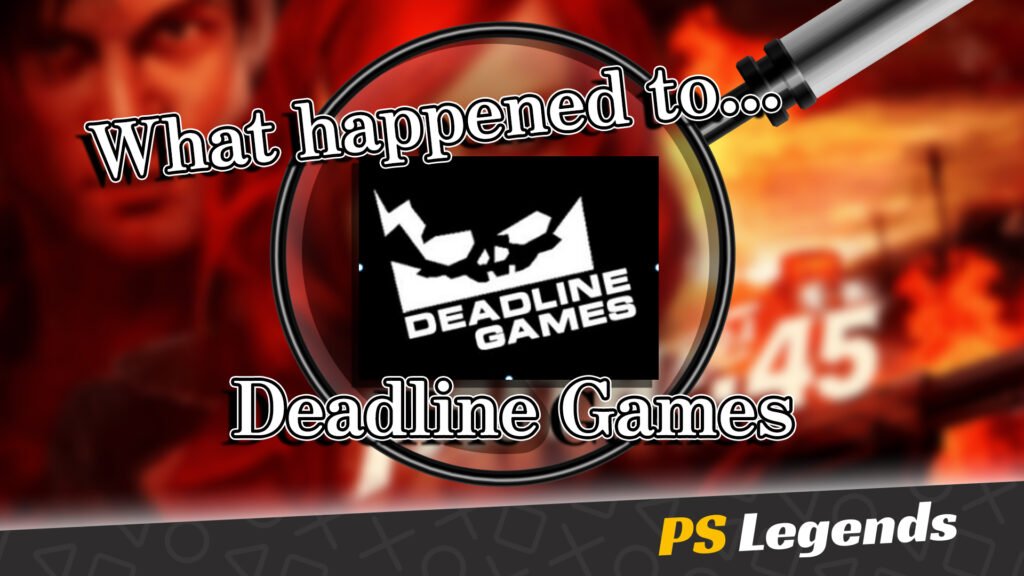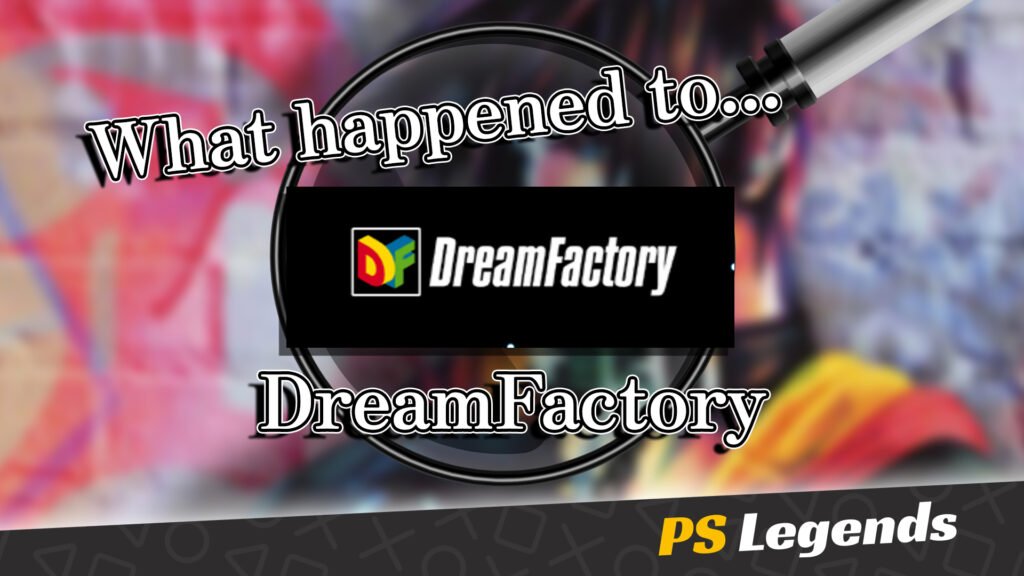Salvage Operation
Majesco Entertainment Company (formerly Majesco Sales Inc.) is an American game publisher and distributor based in Hazlet, New Jersey. The company was founded as Majesco Sales in Edison, New Jersey in 1986. Majesco was first known as a re-issuer of old titles that had been abandoned by their original publisher. By cutting the prices and eventually arranging the rights to self-manufacture games for both Nintendo and Sega systems, the company found a sustainable market niche.
Later, Majesco arranged with Sega to manufacture a version of its Mega Drive (Genesis) 16-bit console, which had been superseded by the 32-bit Saturn. It released this in 1998 as the Genesis 3 and followed up with a version of the handheld Game Gear called the Game Gear Core System. In 1998, it signed a deal with Hasbro Interactive to publish their titles for the 8-bit handheld and 16-bit console formats, most notably for Game Boy systems.

The company’s focus shifted to in-house game development, initially under the brand Pipe-Dream Interactive since few believed they could make the transition successfully. It was originally fronted by two lead producers who were employees of Morning Star Multimedia, Dan Kitchen and Kevin Mitchell. Majesco had a licensing agreement with publisher Red Storm Entertainment to bring Tom Clancy’s Rainbow Six to the Sega Dreamcast platform in 1999.
Majesco’s Manic Millennium
Pipe Dream Interactive, a Majesco subsidiary, would eventually produce their titles for Hasbro Interactive on the Sega Dreamcast in 2000, including Q*Bert. Also in 2000, Majesco had a licensing agreement with Activision to publish ports of their classic titles for various platforms, most notably the PlayStation 2 and the Game Boy Advance. The following year, Majesco signed an agreement with THQ to bring its vast catalog of Game Boy Advance games to Europe.
The following year, Majesco acquired an agreement with Codemasters to publish two titles for PlayStation 2. Majesco focused on developing for console systems, such as GameCube, Game Boy Advance, Xbox, and PlayStation 2. A few of the titles it released, involving popular characters, included a few Bomberman titles for the GameCube and Game Boy Advance. Majesco also partnered with developer Terminal Reality and published BloodRayne and sequel BloodRayne 2.
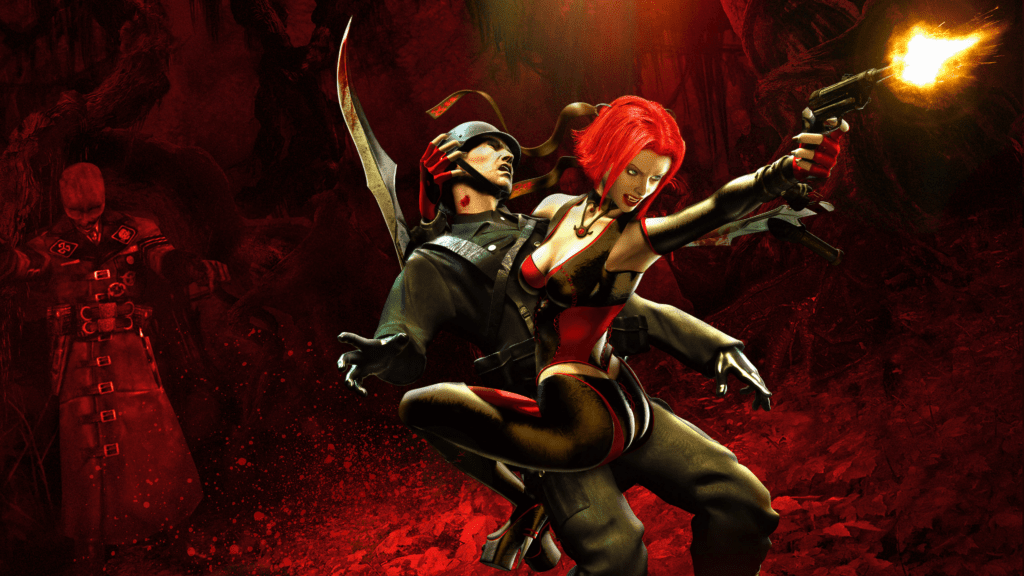
In 2003, Majesco was slated to publish Black9, but producers forced the developers, Taldren, Inc., to shut down when the game was about 85% complete. Majesco was accused by former employees of Taldren, Inc. of forcing the company to shut down in an attempt to gain ownership of the Black9 IP. At this time, Majesco had reached financial trouble with its larger-budget games, such as Psychonauts, which sold poorly despite receiving several awards and critical acclaim.

Highs And Lows
A class action lawsuit was brought against Majesco by shareholders in 2005, they alleged the company had sent product to retailers knowing it would be returned in an attempt to boost revenue projections and raise the stock price. In 2006, a second lawsuit was filed by Trinad Capital Master Fund who accused the company of mismanagement. The lawsuit was settled in 2007.
Majesco would make a noteworthy recovery with its invention and distribution of licensed Game Boy Advance video cartridges. The company’s best-selling titles during this time were the series of GBA Videos for the Game Boy Advance. It also published PS2 game Jaws Unleashed. On January 19th, 2006, the company’s financial situation worsened to the degree that it had to cancel two planned games: Demonik, developed by Terminal Reality, and Taxi Driver, a sequel to the 1976 film of the same name.

Majesco’s president, Jesse Sutton, said that in the future the company would “focus primarily on publishing value and handheld video games.” Since that announcement, the company followed through with publishing successful budget titles in North America such as Cooking Mama for the Nintendo DS. On September 14th, 2006, Majesco re-released BloodRayne and BloodRayne 2 on Steam.
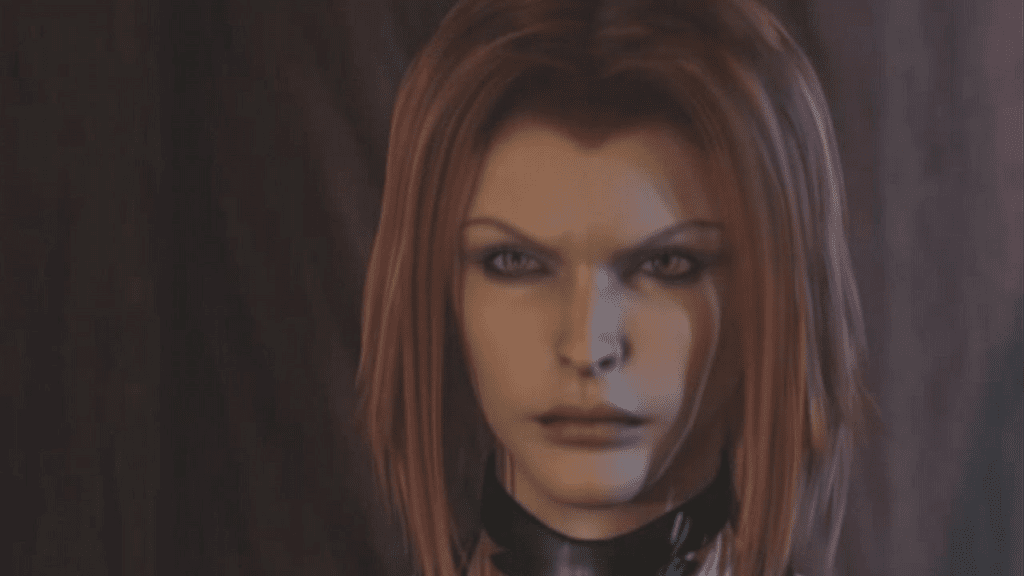
Advent Rising
The company also had another project in mind, a triple-A-tier sci-fi shooter developed by GlyphX Games, named Advent Rising. Majesco would also release the game on September 14th, 2006. The costly project generated intense hype but was ultimately panned by critics for being released prematurely and without adequate bug testing.
Advent Rising was the first in a planned trilogy which would include a game that would take place alongside Advent Rising called Advent Shadow, for the PSP. Despite a large advertising campaign including promotion in cinemas, the game’s retail performance fell far short of expectations. Majesco completely revised its business plan and cancelled plans for future Advent Rising games.
To promote Advent Rising, a million dollars was offered in a contest via Xbox Live for the first player to find a set of hidden symbols spread throughout the game. On August 15th, 2005, the contest was cancelled due to concerns that there was “no technically feasible solution that would allow the contest to continue in a fair and secure manner”. Majesco offered compensation to players in the choice of two free games from a selection of five titles, and an apology on its home page.

A New Strategy
On November 6th, 2007, Majesco announced the opening of a new development facility in Los Angeles, dedicated to the development of casual games. On December 10th, 2007, Majesco announced that they would be publishing a rhythm-based game, Major Minor’s Majestic March, exclusively for the Wii, developed by music game legends NanaOn-Sha. Majesco announced the launch of an internet version of Bananagrams on August 18th, 2008, available on Facebook.
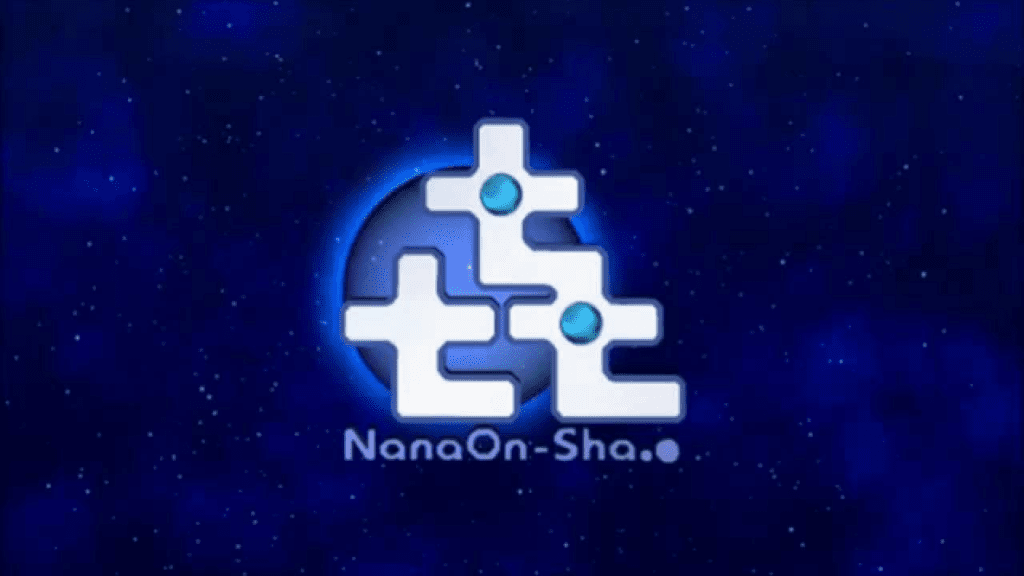
On November 4th, 2009, Majesco released BloodRayne and BloodRayne 2 on GOG.com. On June 6th, 2011, Majesco announced that it was acquiring the assets of social game developer Quick Hit to push its social gaming strategy. Also in 2011, Majesco was among a list of defendants who were sued over alleged patent violations relating to the use of motion controls in games for the Nintendo Wii. In 2018, the Federal Circuit court ruled in favour of Majesco and the other defendants.
After a disastrous fiscal year in 2013, the company was expected to enjoy a recovering growth in 2014 via their online casino gambling subsidiary GMS Entertainment. However, this proved incorrect, as they continued to lose large amounts of money in 2014, resulting in the closure of Midnight City and the postponement of the console port of Gone Home.
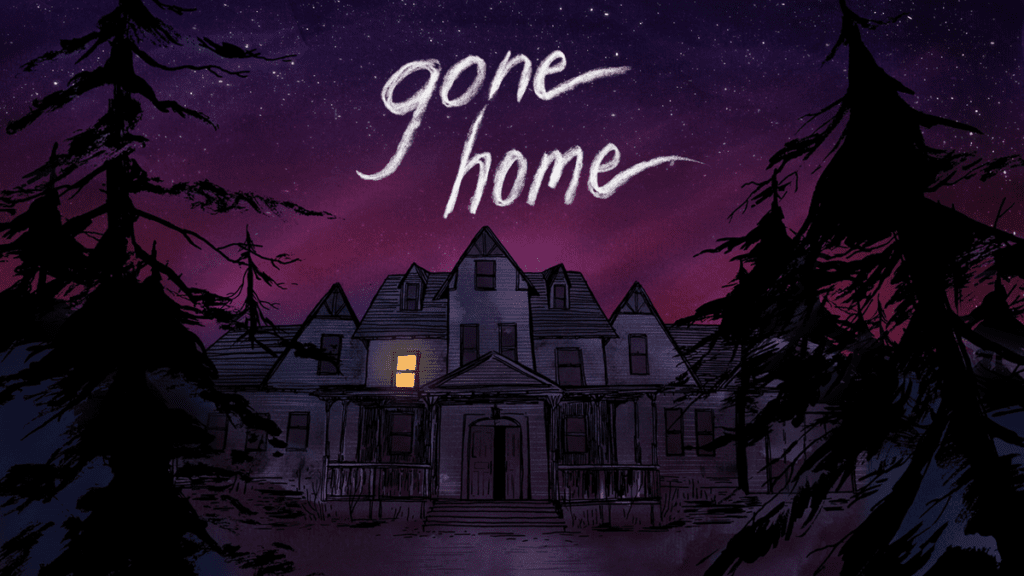
Cuts And Closures
Majesco announced on August 12th, 2015, that they had appointed a new CEO, and that only five employees would remain in the company. The company’s focus also shifted to develop mobile and downloadable titles. Two new titles, Glue and a new installment in the A Boy and His Blob franchise, were announced after the reconstruction.
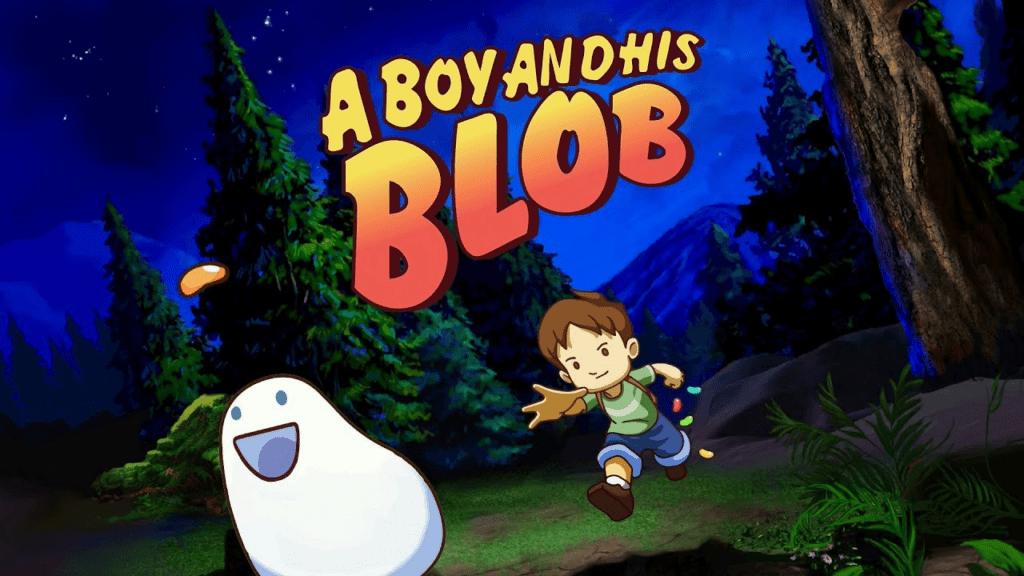
On December 9th, 2016, Majesco announced it was ceasing operations in the entertainment industry, and merged with biotech firm PolarityTE. In June, 2017, PolarityTE sold off Majesco Entertainment’s assets, which were subsequently taken private, leading to the rebirth of the company as an independent corporation.
On November 9th, 2017, Majesco announced that it had re-entered the video game business after having previously been brought back to a privately held company, releasing Romans From Mars on Steam. In January, 2018, 51 percent of Majesco was bought by Liquid Media Group, and Jesse Sutton became LMG’s Gaming Advisor. The company announced Coba: Tale of the Moon for the Nintendo Switch on December 7th, 2018.
Selling Out
On June 15th, 2020, Ziggurat Interactive purchased a number of IPs formerly owned by Majesco Entertainment, including the rights to BloodRayne, Advent Rising, Flip’s Twisted World, and Raze’s Hell. On the same day, Ziggurat announced that the PC release of BloodRayne would receive updates to improve compatibility with current-day systems, with updates done by original developer Terminal Reality. They also announced plans to continue the franchise.
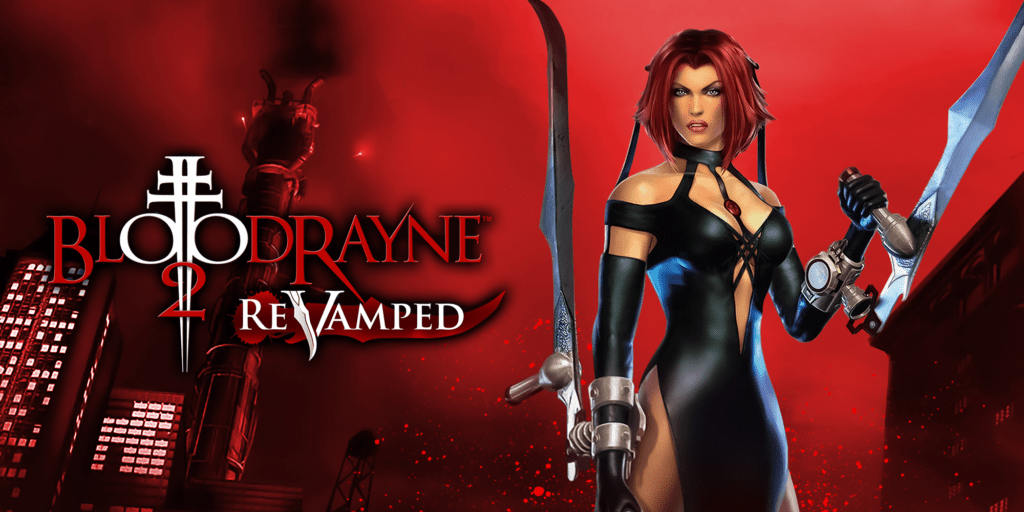
In 2021, Majesco announced Monster Tale for the Nintendo Switch with an expected release later that year, however (as of 2025) the game was never released. Liquid Media Group no longer lists Majesco Entertainment among its subsidiaries, though no announcement of a formal closure has been made.
Jesse Sutton still lists himself as a member of the board, though he is no longer employed by Liquid Media Group and is actively involved in two other companies. With Majesco’s few remaining staff now assigned elsewhere and all development activity ceased, Majesco exists in name only and is currently dormant.
